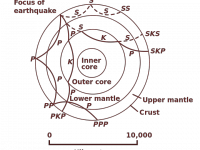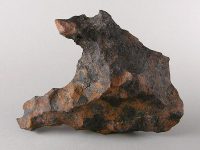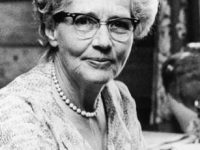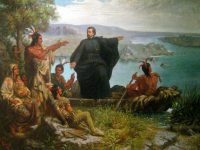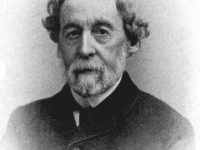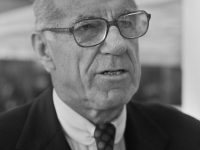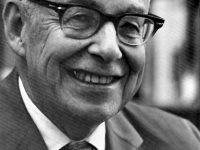Ruth Benedict and Cultural Anthropology
On June 5, 1887, American anthropologist and folklorist Ruth Fulton Benedict was born. Benedict’s theories had a profound influence on cultural anthropology, especially in the area of culture and personality. Her major contribution to anthropology, compares Zuñi, Dobu, and Kwakiutl cultures in order to demonstrate how small a portion of the possible range of human behaviour is incorporated into any one culture. “A man’s indebtedness … is not virtue; his repayment is. Virtue…
Read more


